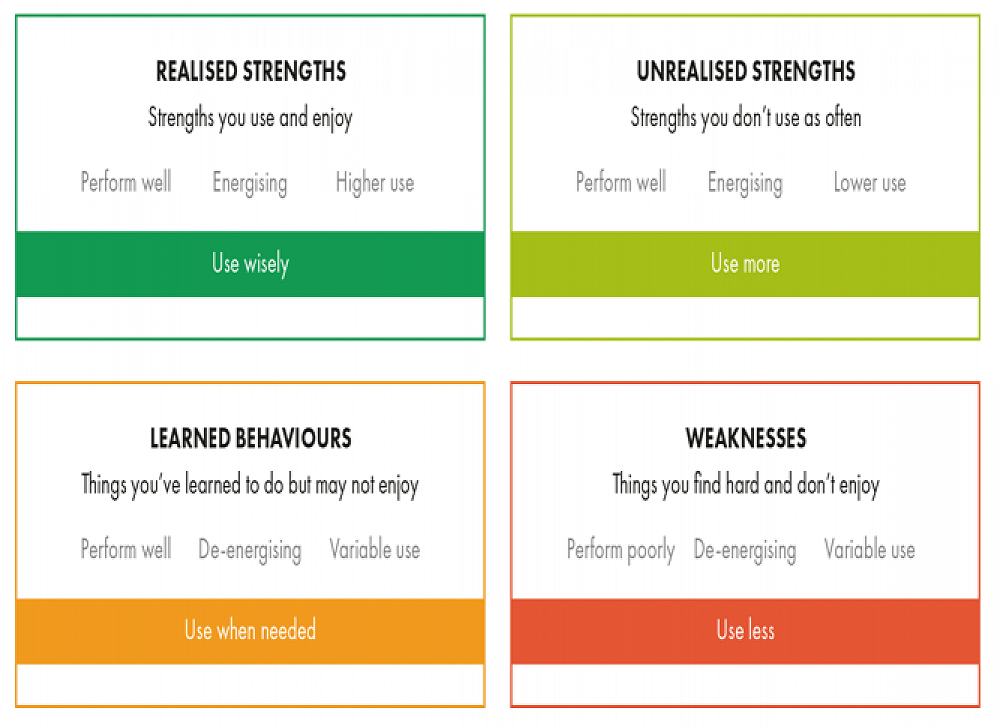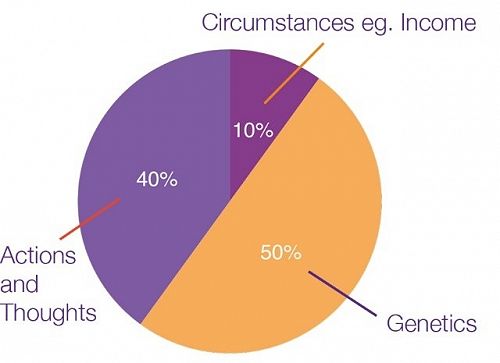
Applied Positive Psychology
Ms. Rowan Taigel and I were fortunate enough to attend a recent course called Applied Positive Psychology.
When you hear the words “positive psychology” you might think that this refers to being happy and positive all the time. This is not an accurate interpretation of what it actually is.
So, what is Positive Psychology?
Positive Psychology is an umbrella term for applied research that shifts the focus from mental illness to the discovery and promotion of the factors that allow individuals and communities to thrive or flourish.
Positive Psychology research seeks to equip people with evidence-based strategies to improve their wellbeing and performance. It is the science of optimal functioning. It aims to develop interventions that build on people’s strengths, rather than fixing their weaknesses. It begins by asking, not what’s wrong, but what’s right, what’s working well, and then builds on that.
Positive Psychology Practices (PPP) provide a preventative approach to mental health by recommending wellbeing habits to practise and by helping people build resilience in the face of challenges.
According to American Researcher Sonja Lyubomirsky (2007) ‘Happiness Pie’ is made up of three main factors. Our actions and thoughts are a significant factor that we can alter. Below is her Happiness Pie model.
Happiness Pie (Lyubomirsky 2007)
Lyubomirsky found that the happiest people in her studies:
· Devote a lot of time to family and friends
· Express gratitude for all they have
· Are often the first to offer a helping hand
· Imagine their future with optimism
· Savour life’s pleasures and try to live in the moment
· Make physical activity a weekly (and sometimes a daily) habit
· Possess goals and ambitions to which they are committed
and, importantly to note, also have their share of stresses, crises and even tragedies
We are planning to implement some evidence based Positive Psychology Practices (PPP) as a way of enhancing the wellbeing of both our students and staff.
One example of a Positive Psychology Practice (PPP) is:
· Identifying our signature strengths and learning how to maximise these.
There are various tools that can be used to identify your character strengths.
You may like to try out the free VIA Survey to discover your signature strengths. http://www.viacharacter.org/www/Character-Strengths-Survey.
Students complete the Youth Survey.
Gallery

